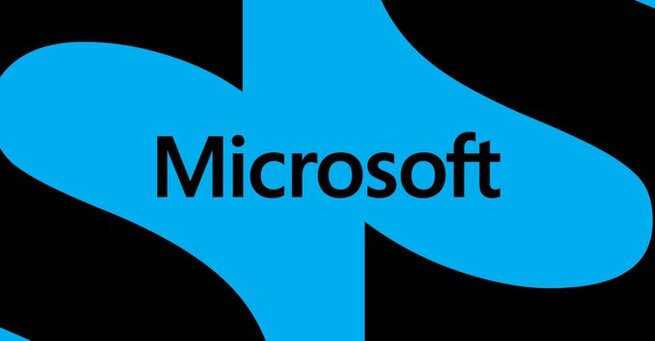
Microsoft Denies Azure and AI Tech Harmed Civilians in Gaza: What You Need to Know
Are Microsoft’s Azure and AI technologies being used to harm civilians in Gaza? This question has gained intense attention amid employee protests and global scrutiny. Microsoft firmly states that after a comprehensive internal and external review, it found no evidence that its cloud and AI services have been misused to harm Palestinian civilians or anyone else in Gaza. Understanding Microsoft’s relationship with the Israeli Ministry of Defense and the concerns around AI ethics is essential for anyone following this developing story.
Microsoft's Azure cloud platform and AI tools have become critical in many government and military operations worldwide. However, some Microsoft employees and advocacy groups argue that these technologies are supporting controversial surveillance and military actions in conflict zones, including Gaza. The software giant insists its contracts with Israel’s Ministry of Defense are purely commercial and governed by strict terms of service and its AI Code of Conduct, which requires human oversight to prevent any unlawful harm caused by its technologies.
The company’s review involved interviews with dozens of employees and thorough document assessments. Despite this, Microsoft acknowledges its limited visibility into how customers deploy its software independently. This gap highlights ongoing challenges in ensuring AI and cloud technology use complies fully with ethical standards, especially in complex conflict environments.
The controversy escalated after protests by former Microsoft employees during the company’s 50th anniversary event. Protesters accused Microsoft of enabling an apartheid regime through its technology partnerships, calling on the company to suspend its contracts with the Israeli military. This movement, associated with the group No Azure for Apartheid, also cited leaked reports suggesting Israeli military use of Azure and OpenAI tech for extensive surveillance and intelligence gathering, including AI-powered transcription and translation of communications.
Microsoft counters these claims by emphasizing that the military typically relies on proprietary software for such operations and that Microsoft has not provided such defense-specific tools to the Israeli government. Nevertheless, critics argue that supplying cloud infrastructure and engineering support indirectly facilitates these activities. The debate raises critical questions about corporate responsibility and the ethical implications of AI technology in modern warfare.
This ongoing controversy places Microsoft at the crossroads of technology innovation, corporate ethics, and geopolitical conflict. For users, industry watchers, and advocates, understanding the nuances of Microsoft's AI and Azure involvement is crucial as debates over AI governance and ethical use continue to intensify globally.
𝗦𝗲𝗺𝗮𝘀𝗼𝗰𝗶𝗮𝗹 𝗶𝘀 𝘄𝗵𝗲𝗿𝗲 𝗿𝗲𝗮𝗹 𝗽𝗲𝗼𝗽𝗹𝗲 𝗰𝗼𝗻𝗻𝗲𝗰𝘁, 𝗴𝗿𝗼𝘄, 𝗮𝗻𝗱 𝗯𝗲𝗹𝗼𝗻𝗴. We’re more than just a social platform — from jobs and blogs to events and daily chats, we bring people and ideas together in one simple, meaningful space.